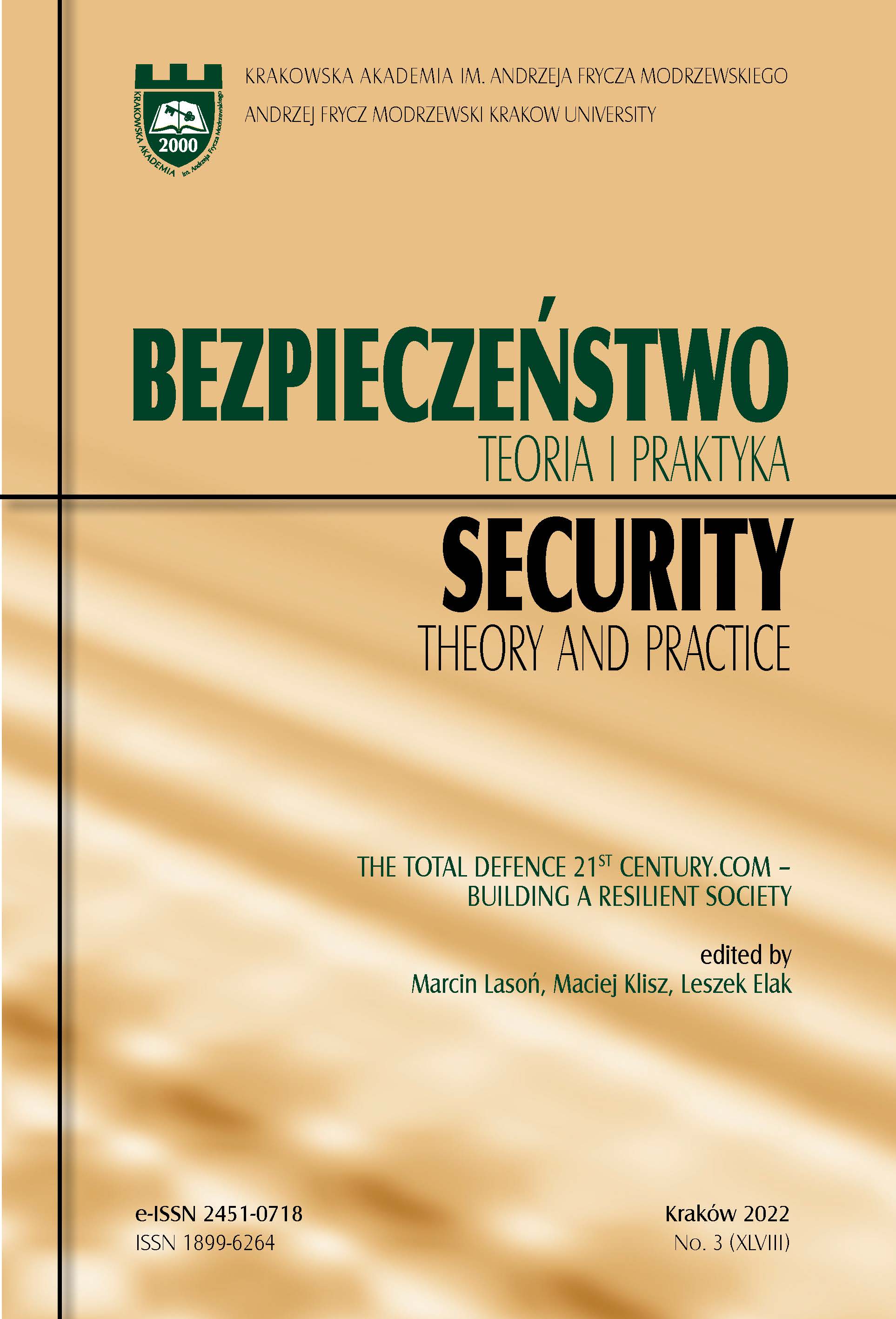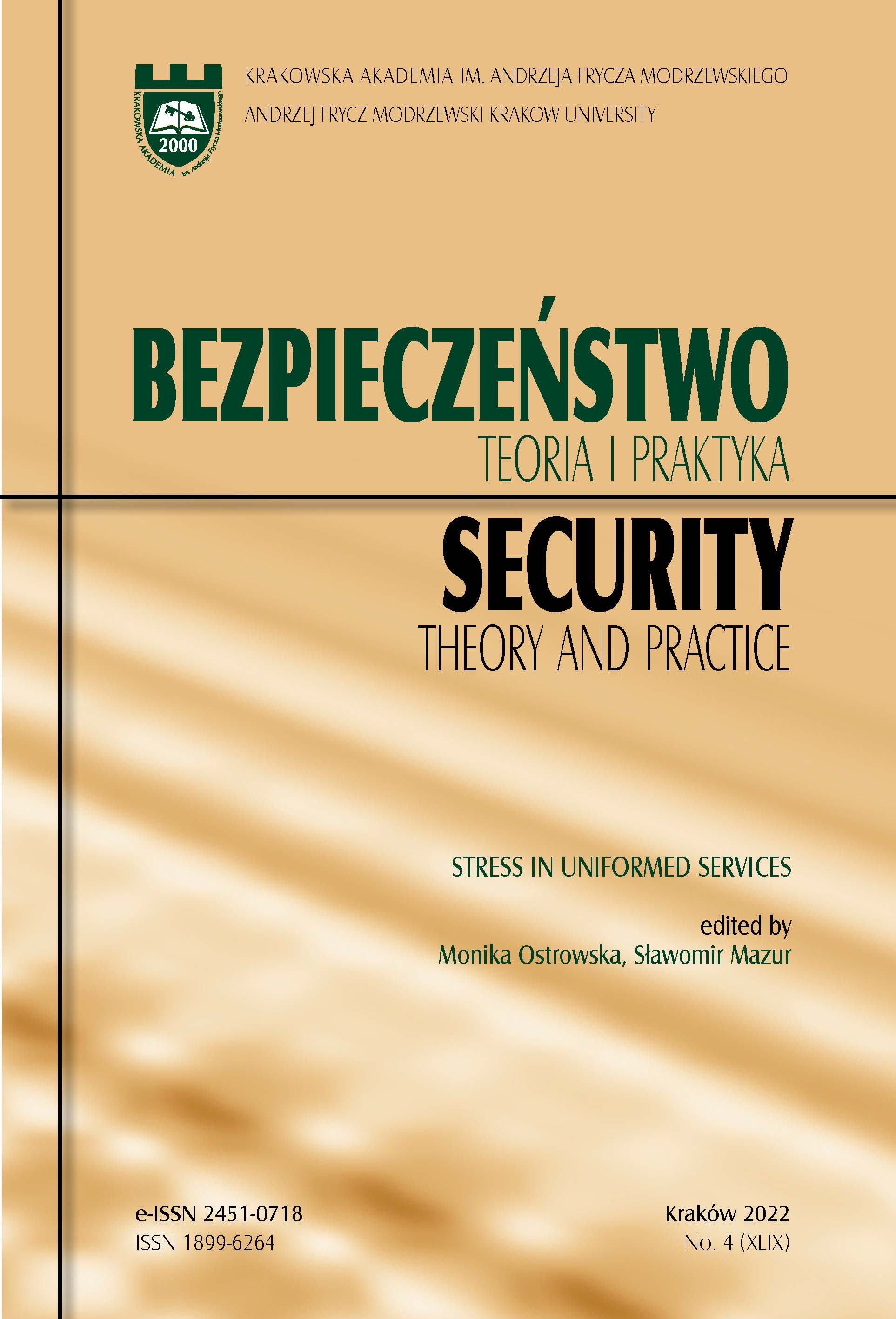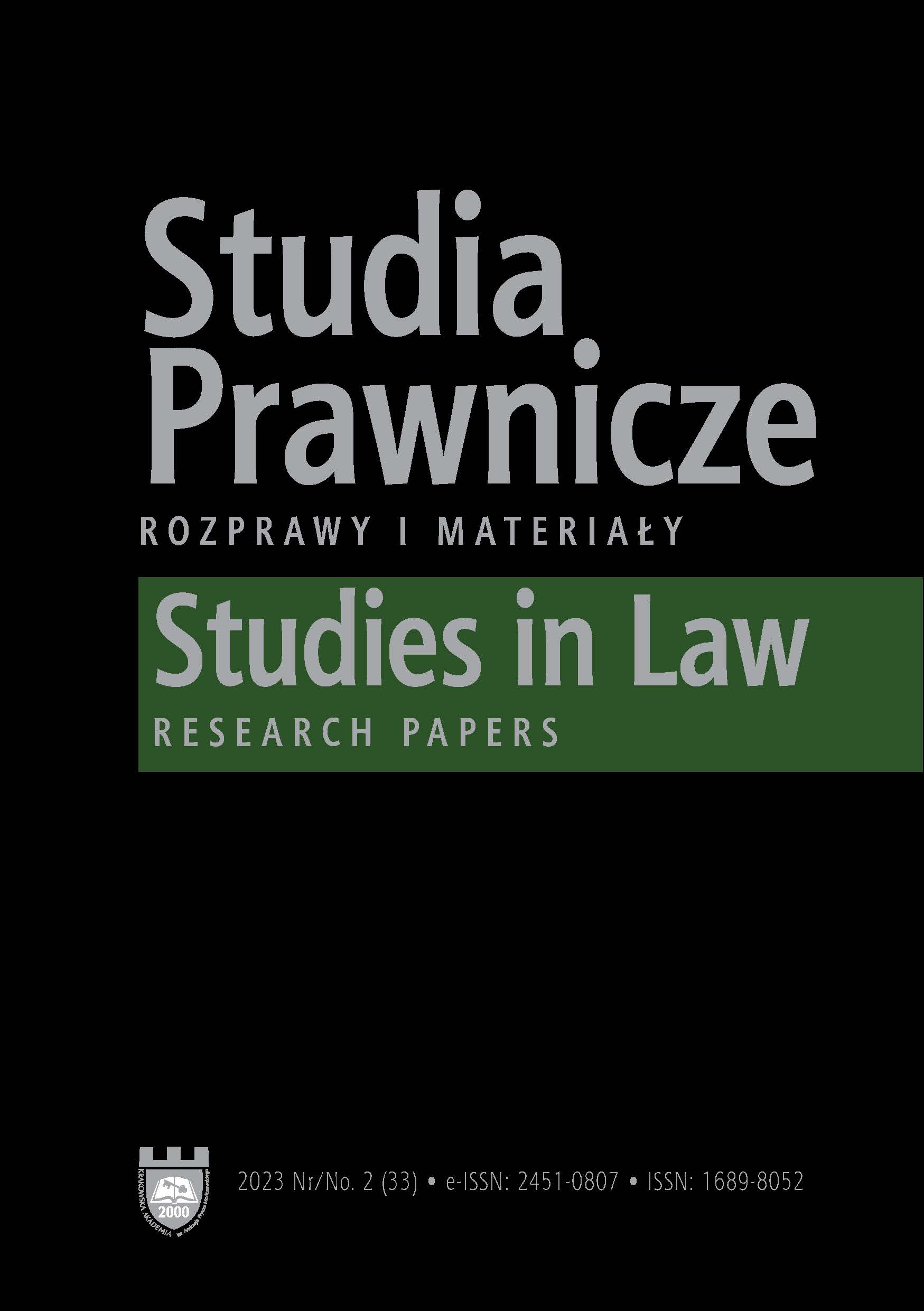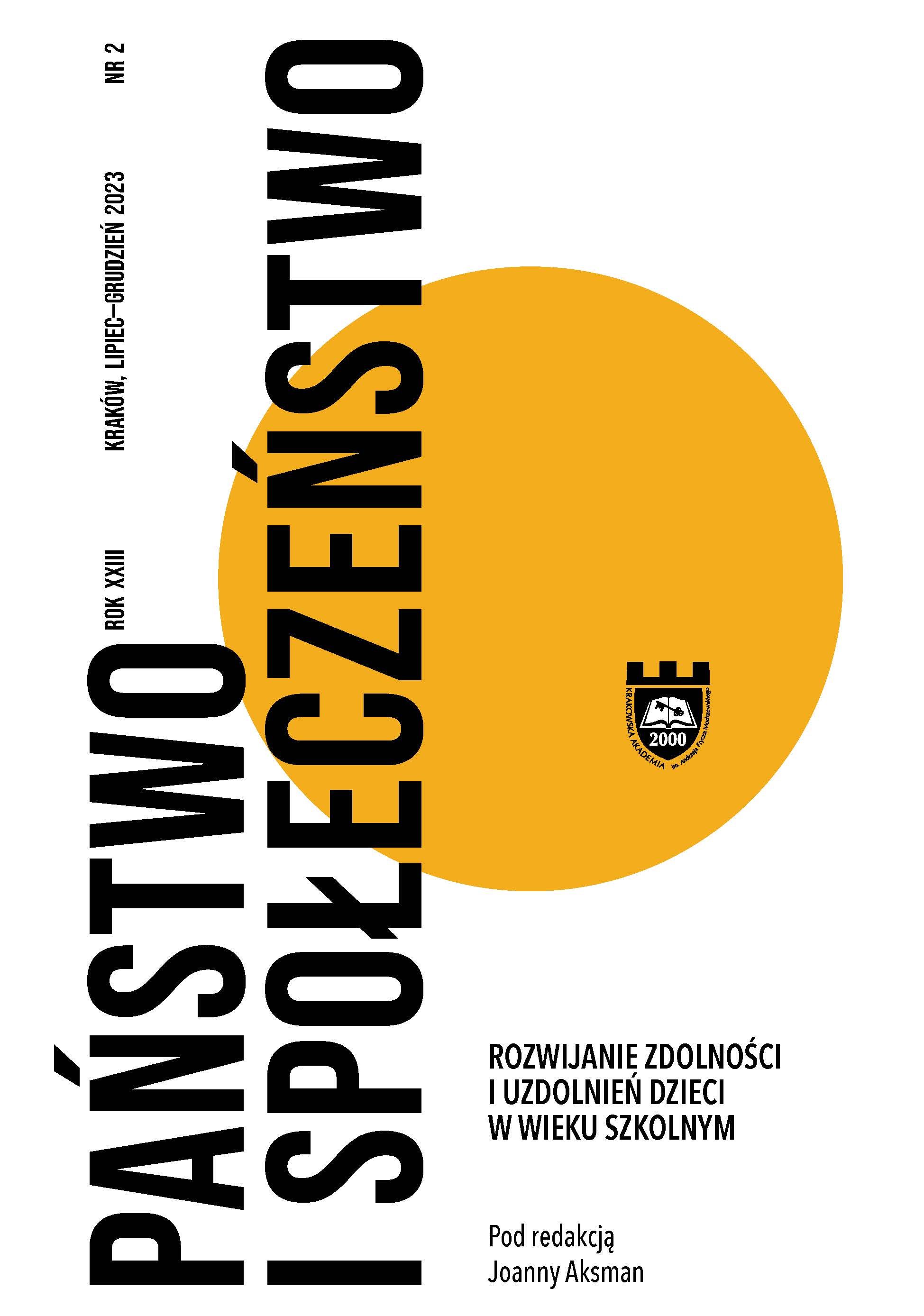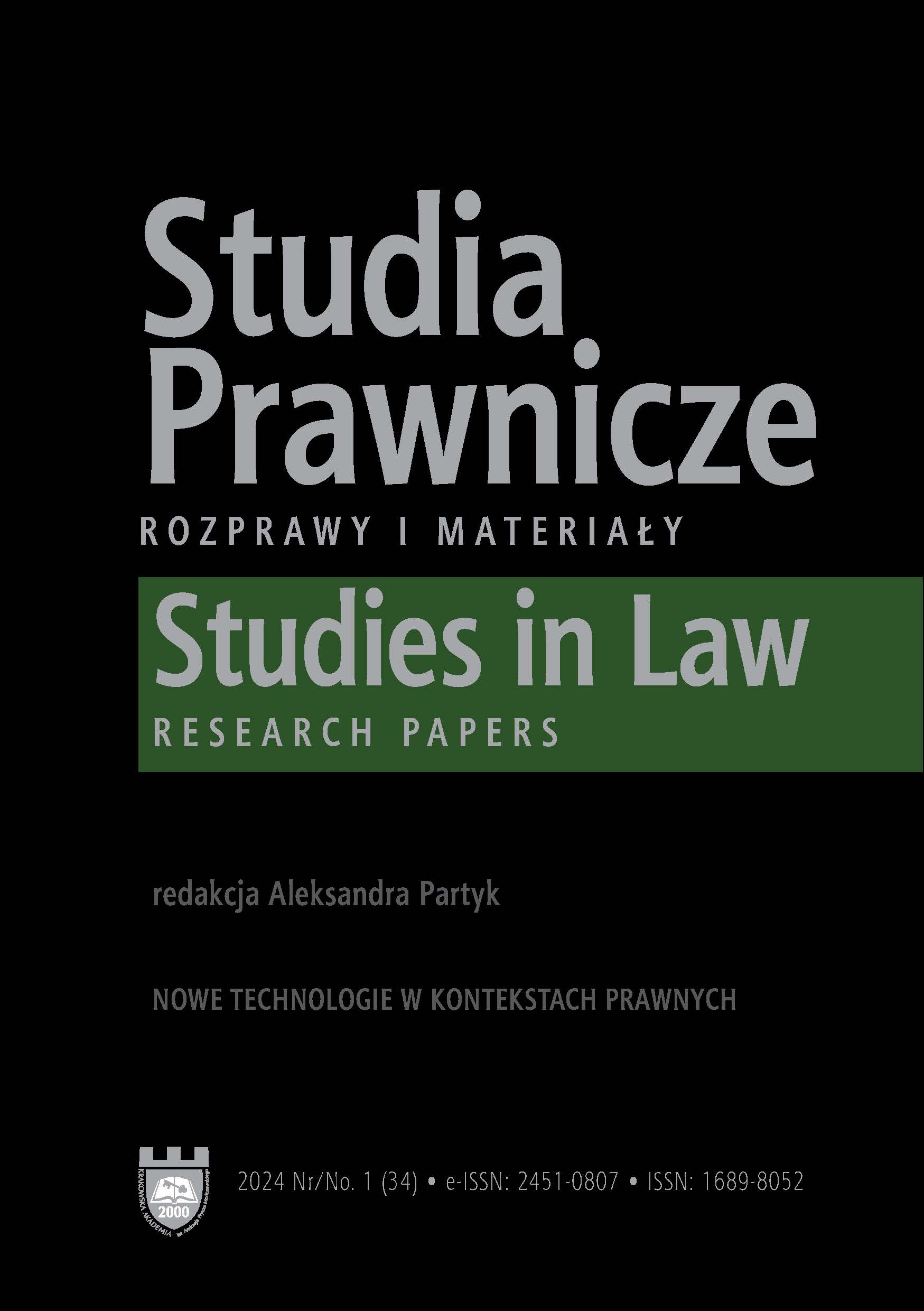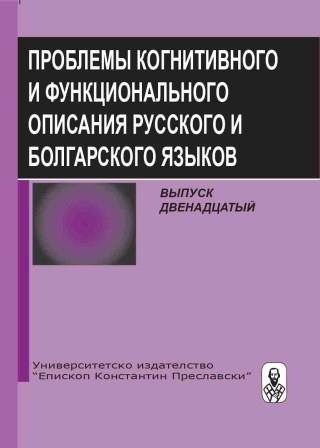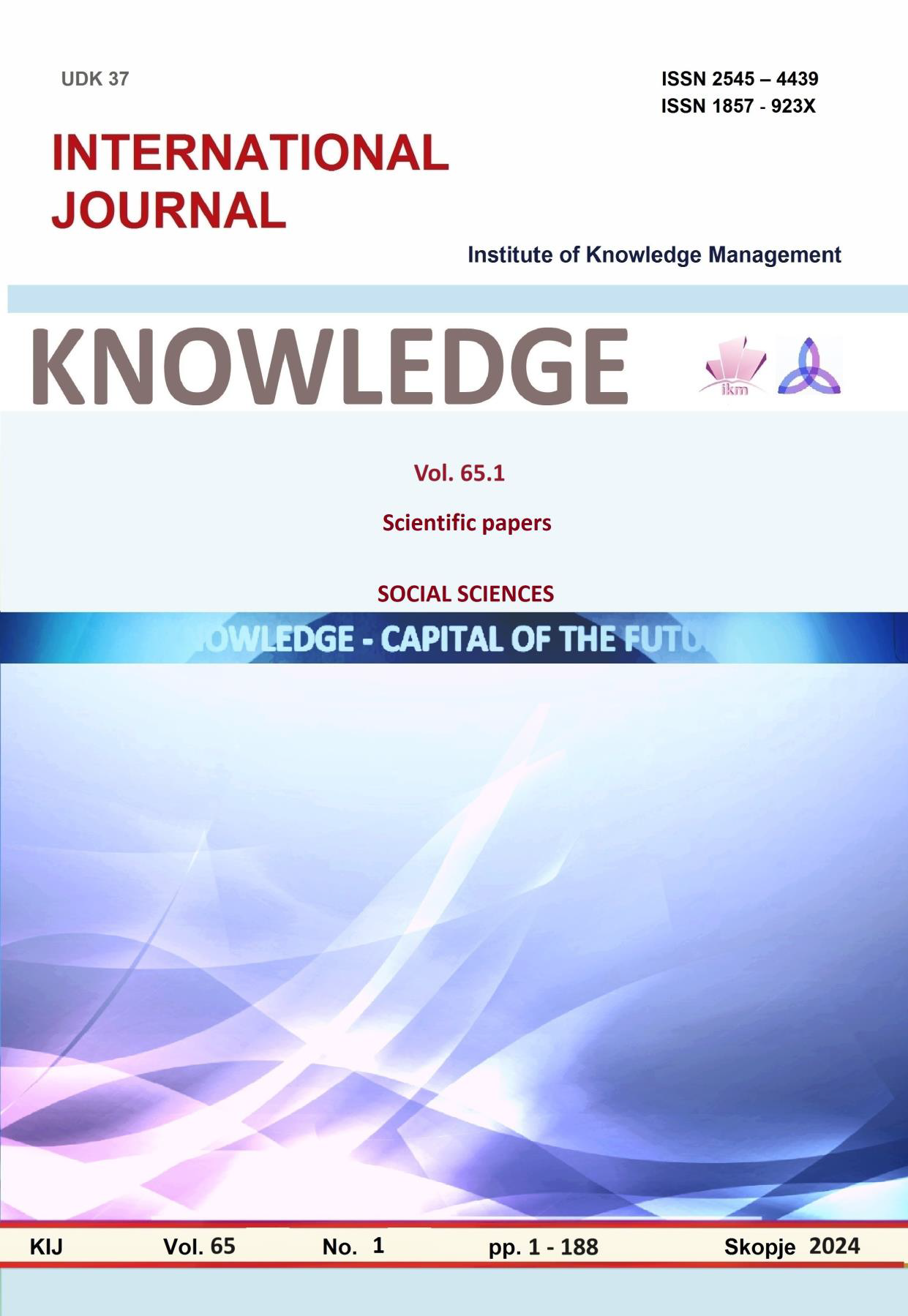Author(s): Przemysław Suchanecki / Language(s): Polish
Issue: 68/2021
The following article is an exploration of the intellectual journey of the French philosopher Michel Foucault in its latest period, from the Will to Knowledge, first book of the History of Sexuality, up to the later idea of care-of-the-self. The idea of the care-of-the-self is treated here as the culmination of Foucault’s philosophy, as well as its most mature expression. Maturity here means that, according to this concept, the subject is not perceived as the passive outcome of games played between the forces of knowledge and power, as it was presented in the writings of Foucault from the 1960s and 1970s, but, thanks to his own actions, directed at himself, so called practices of the Self, the subject is able to create itself, in separation from the outside influences that bind him. In the context and in contrast to the idea of the care of self is the idea of self-knowledge, a solely intellectual perspective, for which – according to Foucault – the care of the self was abandoned by philosophers for many centuries. A part of the goal of this study is to demonstrate that the concept of the care of the self was introduced through a conceptual evolution, in which certain ideas, gradually changing their meanings, morphed into other ideas, to arrive at the point where the ancient Greek idea of epimeleia heautou, care of the self, was necessary to be introduced. The principal sources for Foucault’s analyses were the writings of Stoics and Epicureans from the 1st and 2nd centuries A.D., as well as the Plato’s dialogue The First Alcibiades. A method of close-reading of the published works of Foucault and the transcripts of his lectures from a period of 1976 to 1982 was used to prove the above mentioned argument. The central goal of this thesis was largely accomplished – it has been demonstrated that Foucault, by examining various Stoic and Epicurean practices of the Self, showed that the subject is not determined to be formed solely as a result of the games of knowledge and power. Thanks to the concept of care of the self, Foucault had drawn a much larger margin of freedom for the individual, than he did in his earlier works.
More...
